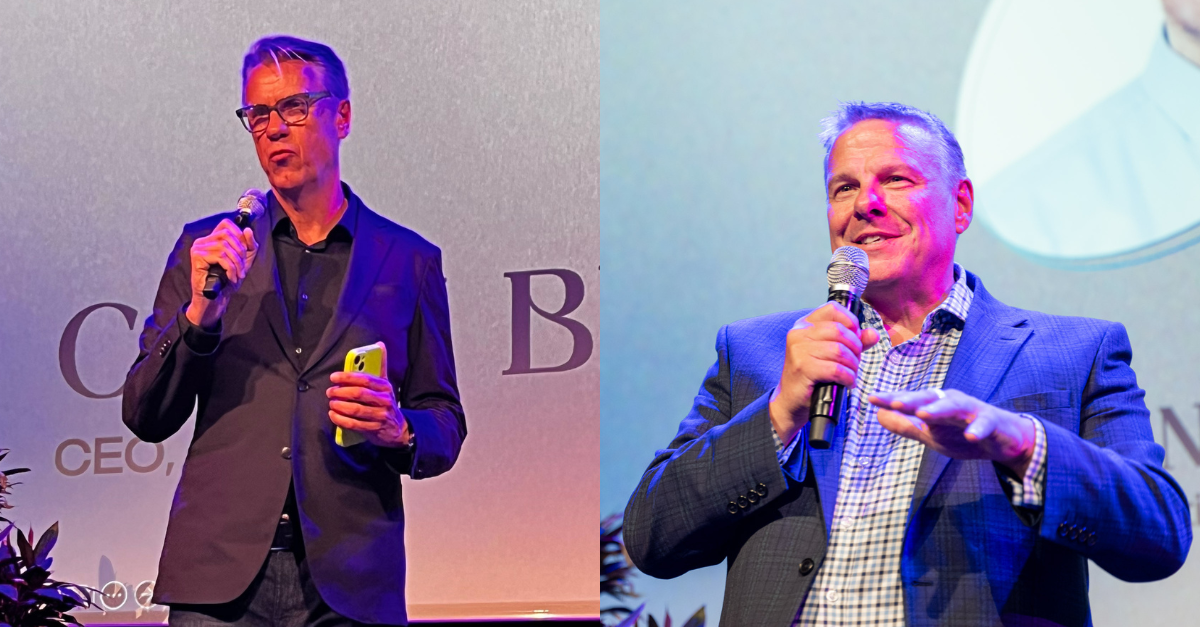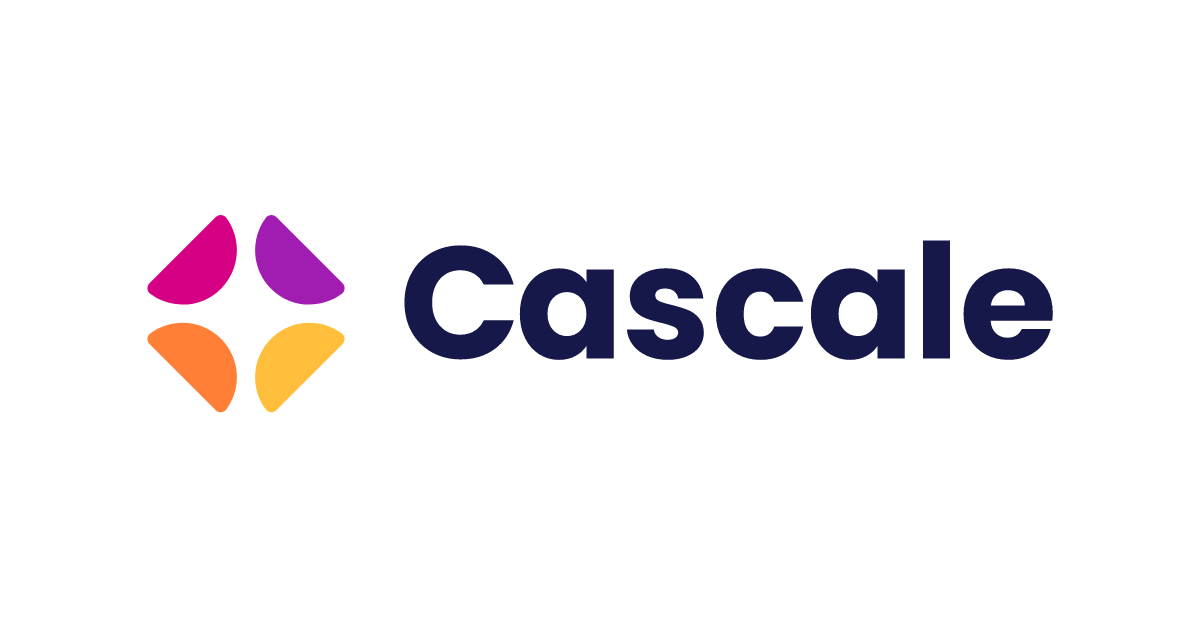Cascale Highlights Importance of Collaboration at ZDHC Impact Day

Colin Browne, chief executive officer of Cascale, and Andrew Martin, executive vice president, joined industry leaders and sustainability experts at ZDHC Impact Day in Amsterdam. The Zero Discharge of Hazardous Chemicals (ZDHC) Foundation hosted the event. The NGO aims to lead the fashion industry in preventing hazardous chemicals from being used in fashion production. Building on its theme, “Chemistry in Fashion: Transforming Business," the event focused on driving positive change in the fashion industry.
Frank Michel, CEO of ZDHC, began the day with a welcome that stressed the importance of emerging legislation. “We need to address policymakers [to] create meaningful regulation,” he said. “NGOs [should develop] mindful campaigns that allow for real systemic change.” Michel then invited Francesco Pianca, board chair at ZDHC, to share opening remarks. Pianca stressed the importance of regulation to move the industry forward. ”There is a waterfall of acronyms that relate to regulation,” he said. “Whether it is ESPR, EPR, CS3D, CSRD, all these regulations have a common denominator, which is chemicals. So we play a huge role in delivering those regulations and especially accelerating our work for a better world.” Michel highlighted the growth of the ZDHC community, which is committed to creating impact, but also noted that conflicting interests can challenge the creation of systemic change.
In his first industry event since joining Cascale as CEO, Colin Browne stressed the importance of collaboration to address industry challenges. “We’re not moving quick enough, we’re not doing enough,” he said. “We are too fractured. There are way too many different initiatives.” Browne called upon attendees to align their efforts and commit to making a lasting impact together.
Later, Cascale’s Andrew Martin joined a session focused on Brands to Zero, an initiative that helps brands and retailers implement sustainable chemical management practices throughout their supply chains. Martin shared how Cascale’s work is aligned: From the beginning, the organization focused on harmonization to reduce duplicating efforts. Like Browne, Martin highlighted the importance of partnerships and collaboration to drive systemic change.
Both Cascale and ZDHC recently published their impact reports showcasing their aligned work. Reflecting on Cascale’s collaborative work with ZDHC, Martin shared the example of how the Higg Facility Environmental Module aligned with the ZDHC Roadmap to Zero on wastewater, chemicals, and air. He also cited ongoing collaborative work on the chemical section of Cascale’s Higg Brand & Retail Module (BRM), which is now 73 percent aligned. Finally, while Martin bluntly challenged attendees on their role in perpetuating industry fragmentation with proprietary approaches, he also asked them to hold industry associations like Cascale and ZDHC to account to further drive alignment around impact areas that limit duplication. “True collaboration takes courage,” he said.

